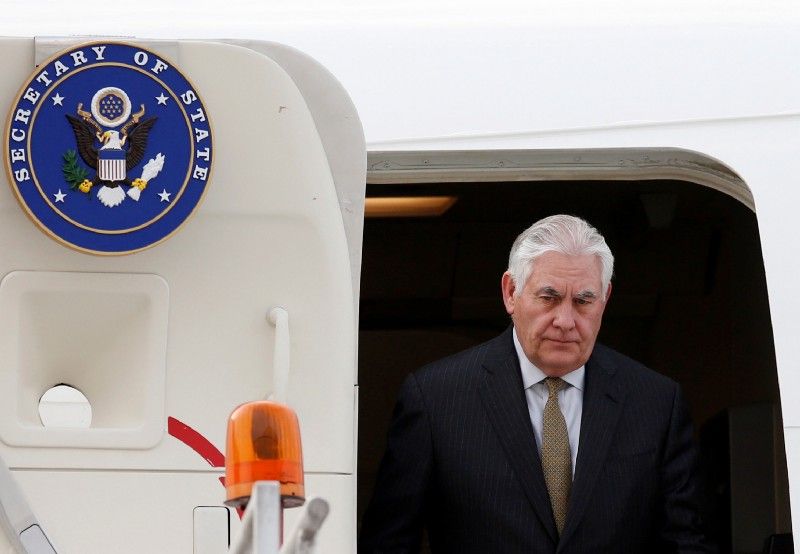No region in the world has soured more quickly on President Trump than Latin America, where approval of the US President has tumbled to just 16%, according to a recent Gallup poll. It’s easy to see why.
Trump seems to speak of the region almost uniquely as a source of drugs, criminals, unwanted refugees, and US job losses. If the Bush and Obama administrations showed Latin America a frustrating but benign neglect, Trump has swept in with a new, malign attention — looking to upend trade deals, slash immigration, and cut security cooperation.
At the same time, a new power has emerged in the region. In recent years, China has displaced the US as the top trade partner for Brazil, Peru, and Chile, and it’s now Latin America’s number two commercial partner overall. Chinese state banks have poured tens of billions of dollars into industries and infrastructure across the continent, often on friendlier terms than US-backed lenders, and with few political or human rights requirements. Beijing plans a further quarter-trillion dollars of investment in the coming years, and is courting the region to be part of its global “Belt and Road” infrastructure network.
That commercial presence has shifted regional attitudes towards Beijing. Among Latin America’s largest countries, Colombia is the only one where the US is still seen more favorably than China. On the eve of his trip, Tillerson warned of a new Chinese imperialism in the region — but inexplicably applauded the policy that underpinned the old American imperialism there.
Whether Beijing’s influence is preferable to Washington’s is for Latin America’s own people and governments to decide. China’s rapid entry has certainly raised concernsabout land purchases, labor displacement, and human rights. But as President Xi Jinping follows through on his pledge to make China a global superpower, can — or will — the US push back in its own neighborhood?
